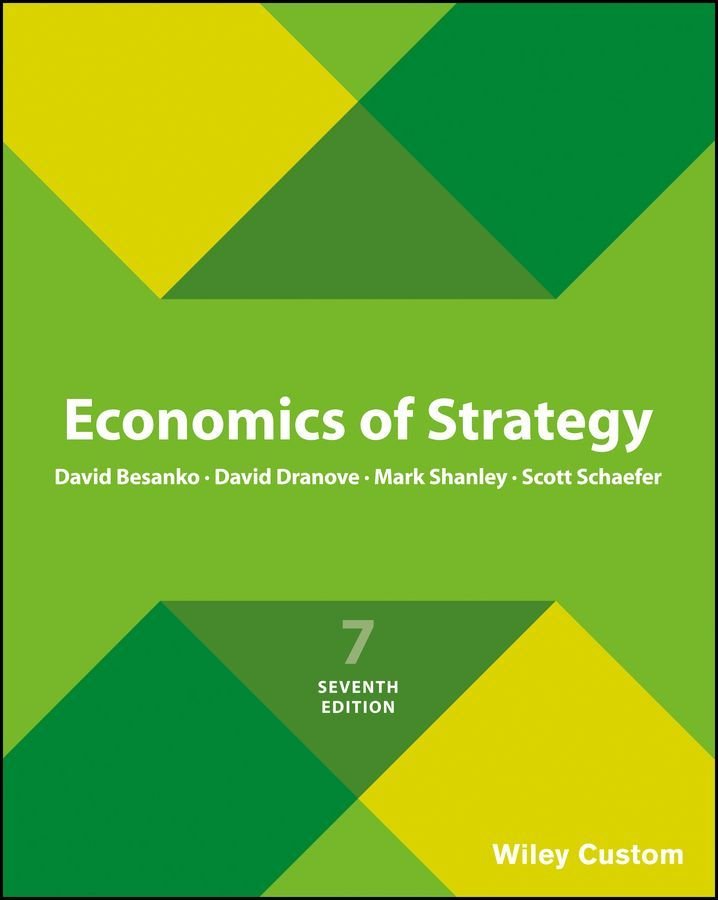The work of Christoph Breidert is positioned in a methodologically challenging area of marketing research that is highly relevant to both theoretical investigations and practical apphcations. Determination of willingness-to-pay for products and/or services from a customers perÂ- spective is crucial for modern approaches to pricing decision-making. Based on the inÂ- creasing availability of individual transaction data (e. g. , scanner data, consumer panel data, and data from Smart Cards) remarkable improvements have been achieved in esÂ- timating advanced price response models based on observed purchase data. However, empirical price and/or product variations are typically very Umited in such historical data which complicates accurate willingness-to-pay estimation or makes it even impracÂ- tical. This is especially true when entirely new products are planned to be introduced or alternative marketing strategies (e. g. , product bundhng) are considered by the manageÂ- ment. While asking customers directly for their wiUingness or unwillingness to purchase a specific product at the designated price commonly results in unreahstic estimates, exÂ- perimental survey-based methods turned out to be a promising approach for the indirect measurement of willingness-to-pay. Among the most prominent techniques within this methodological framework is conjoint (or trade-off) analysis, which aims at inferring reÂ- spondents preference structures based on their reactions to systematically varied profiles of product attributes (mostly including price) in an experimental design. In his work, Christoph Breidert provides a systematic overview of the competing methods that have been and are still applied in todays practical and theoretical pricing research.












